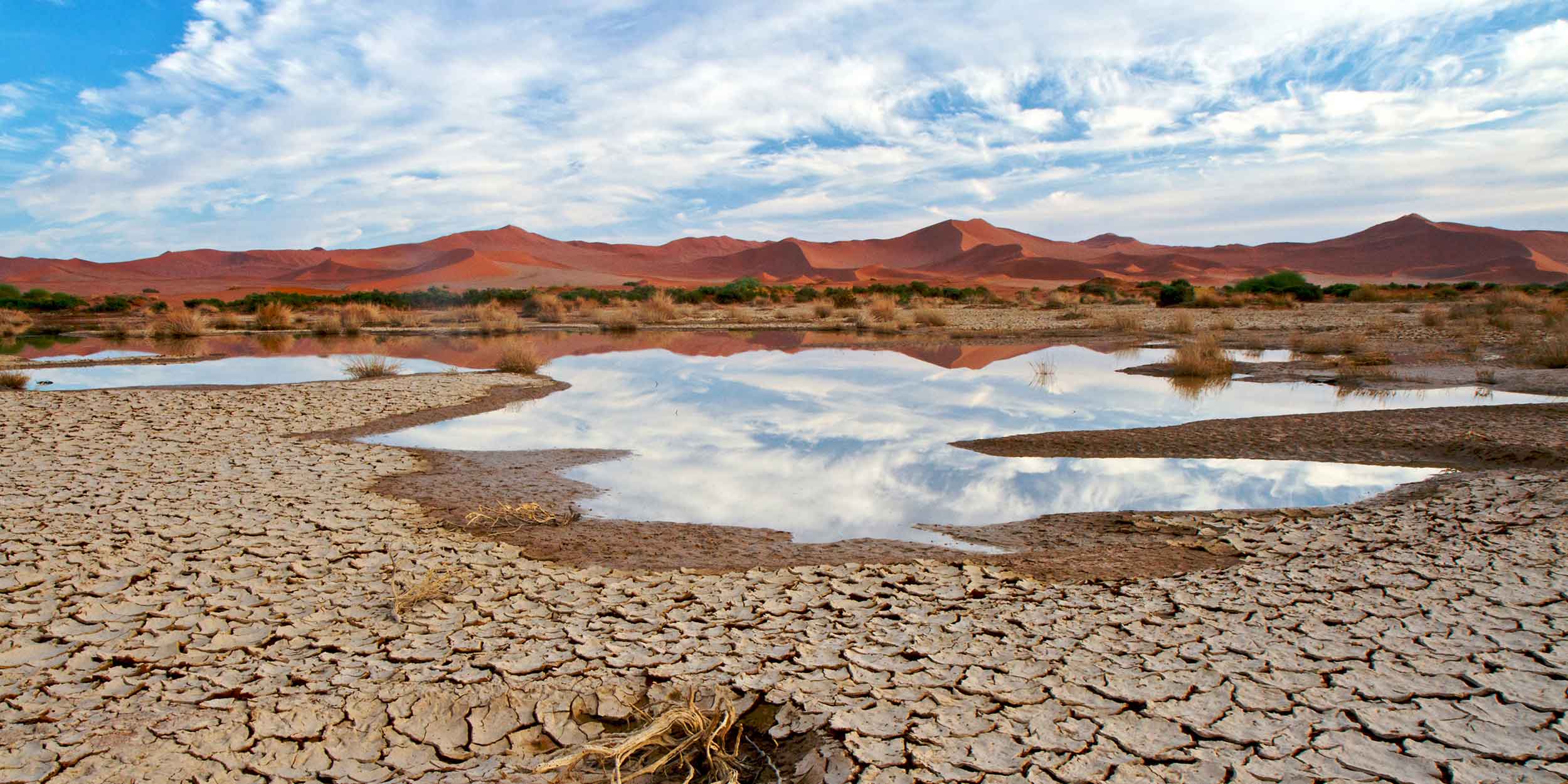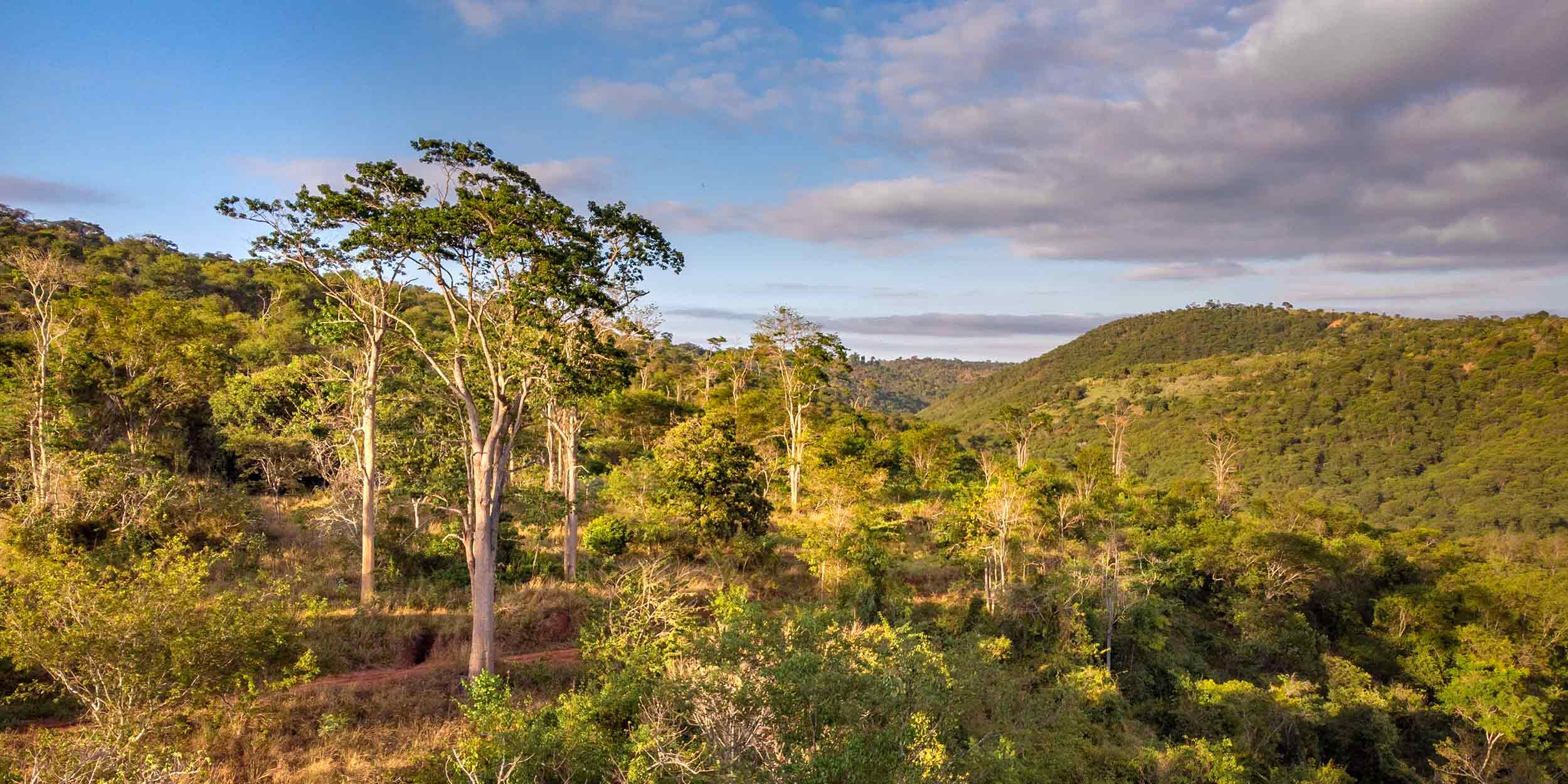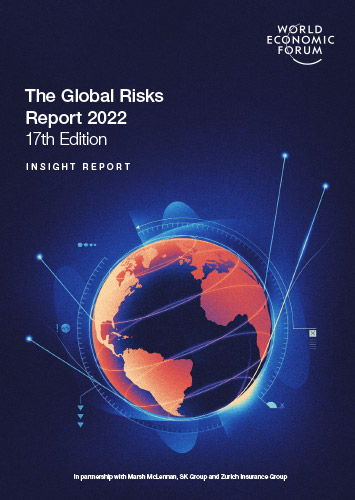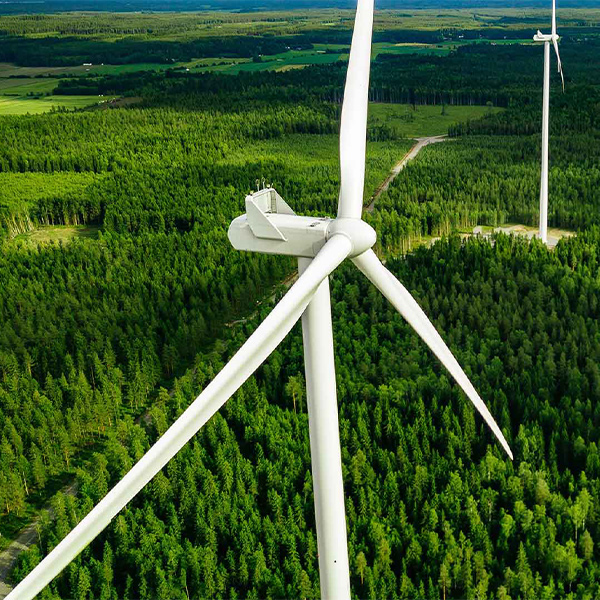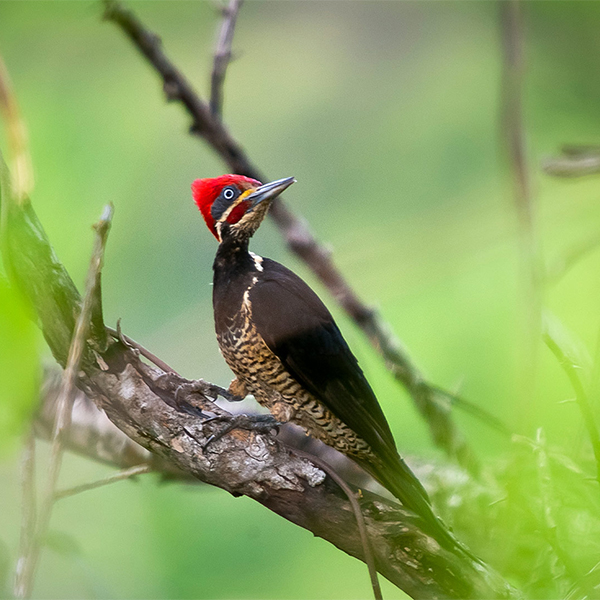
Planet
There’s no net-zero without nature
At the Zurich Insurance Group (Zurich), we are prioritizing emissions reductions across our own operations in line with science-based targets, while also engaging and supporting other stakeholders across our value chain with their own transitions. We are equally determined to support customers and communities to better manage climate risk and improve resilience against it. We embrace new opportunities to better protect biodiversity and other natural assets, such as funding forest protection, ecosystem restoration and carbon removal projects.
Climate and nature are inextricably intertwined. Climate change is a driver of biodiversity loss, while biodiversity offers some of the most effective mitigation and adaption solutions to climate change.
Given this mutual dependency, our approach is to address climate and nature together, recognising that there can be no net-zero without nature.
Decarbonization
Engaging, reducing and investing in a net-zero future
Significant reductions in greenhouse emissions are required over the next 10 years to achieve the outcomes of the Paris agreement. This transition to a net-zero economy will bring its own risks in the form of potential cost to businesses from the introduction of policy, laws and other regulations designed to address climate change. Transitional risks and opportunities can also arise from changes in technologies and consumer trends, which may also lead to reputational impacts as society changes its view on ethical business practices.
We are committed to aligning our business activities with a net-zero future. Across Investment and Underwriting, which form the largest part of our emissions footprint, our decarbonisation approach is based on achieving targeted reductions through a process of engagement, in which we work with our customers and investee companies to understand how they are reducing emissions, influence them to build transition plans and encourage them to make commitments to reduce emissions.
As a founding member of the Net-Zero Asset Owner Alliance, we committed in 2019 to holding a net-zero investment portfolio by 2050. Achieving this goal requires ambitious carbon emissions reductions targets. Our interim targets address three key areas on the road to decarbonization:
- Emissions reductions in the portfolio.
- Engagement with companies to bring about change.
- Direct investment in solutions.
For our insurance underwriting portfolio, Zurich is committed to:
- Transitioning greenhouse gas (GHG) emissions associated with our underwriting portfolios to net-zero emissions by 2050 consistent with a maximum temperature rise of 1.5°C above pre-industrial levels by 2100 in order to contribute to the implementation of the COP21 Paris Agreement.
- Set intermediate, science-based targets in line with article 4.9 of the Paris Agreement.
Zurich’s operations have been carbon neutral since 2014 but we want to go even further. Through a wide range of initiatives, we are accelerating the reductions of our operational footprint, and target net-zero operations by 2030.
* GHG emissions here refer to insurers’ and reinsurers’ Scope 1, 2 and 3 emissions. Insurers’ and reinsurers’ Scope 3 emissions should include their clients’ Scope 1 and 2 and Scope 3 emissions, where significant, and where data allow
Climate adaptation
Creating a more resilient society
Adaptation to climate change and enhancing resilience is key to ensuring climate impacts are manageable and insurance remains a viable solution to manage risk. As an insurer, investor and risk advisor, we will leverage our skills and resources to be a global champion for a more resilient society.
Through Zurich Resilience Solutions, we help customers better understand their exposure to physical risk from climate change. As part of our engagements, we help them manage the evolving risks related to transitioning to the energy industries, mobility solutions and circular economies that form the basis of a climate-neutral future.
Tackling climate resilience
Floods affect more people globally than any other type of natural hazard and cause some of the largest economic, social and humanitarian losses. By using our risk expertise as a global insurer, we can help customers and communities reduce the devastating impacts of floods - even before a flood hits - and build community flood resilience in a more integrated way.
However, we also know that no one actor or sector can tackle the problem of flooding alone. We need to combine the expertise and the ability to work in different flood vulnerable contexts and work in partnership. This is why, through the funding of the Z Zurich Foundation, the Zurich Flood Resilience Alliance (the ‘Alliance’) was established in 2013. The Alliance is a multi-sectoral partnership focusing on finding practical ways to support communities in developed and developing countries strengthen their resilience to flood risk.
Nature and biodiversity
We rely on nature
Human and economic development is entirely reliant on nature’s ability to replenish, recover and maintain balance. Nature underpins the world’s food system; sustains the quality of the air, fresh water and soils; distributes fresh water; regulates the climate; provides pollination and pest control; absorbs carbon emissions and reduces the impact of natural hazards. Biodiversity – the variety of all life on Earth - underpins the resilience of nature’s ecosystems and is declining more quickly now than at any other time in human history.
Agricultural and industrial practices are causing deforestation, pollution of groundwater, the loss of wetlands and coral reef collapse. This means that around 1 million animal and plant species are threatened with extinction, many within decades, according to the Intergovernmental Science-Policy Platform on Biodiversity and Ecosystem Services (IPBES). The need to address nature loss is made even more urgent by the link between a healthy, resilient natural world and climate change. It is paramount we understand how we can support our customers in their transition to business that’s positive for nature and how we can use our position as insurer and investor to better protect biodiversity and other natural assets.

